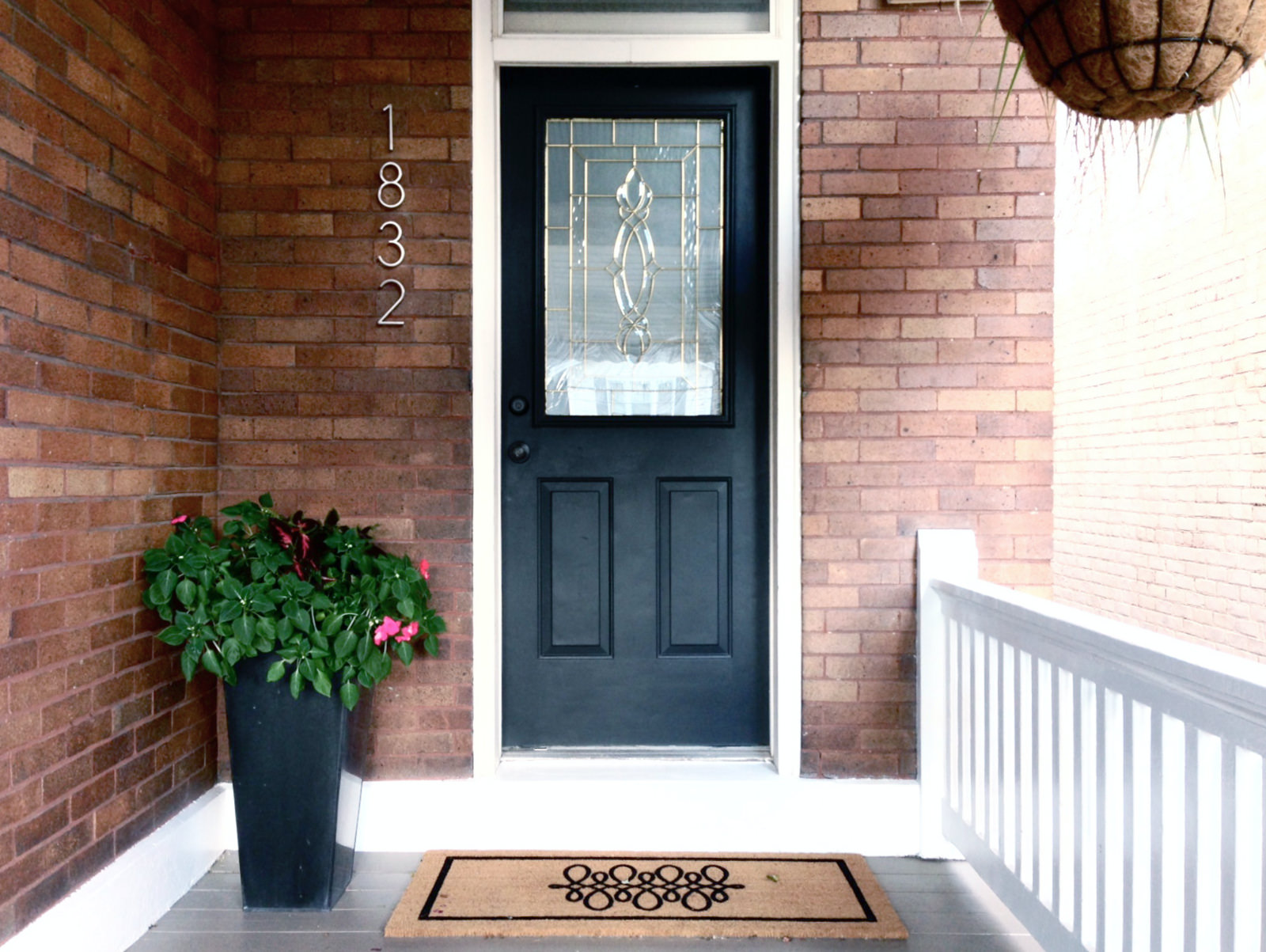Homeowners Insurance 101
July 8, 2018

Homeowners Insurance 101
As a firefighter we see the devastating potential that even a minor kitchen or dryer fire can possess. While we do our best to preserve the property that can’t be replaced, the insurance agent inside of me can’t help but wonder if the homeowner has the appropriate coverage now that the unthinkable has occurred. As a homeowner, you want to protect your financial investment, but many people simply think that a fire will never happen to them and often focus on cost savings over proper coverage. Homeowners insurance is designed to pay for damages to your home and your belongings. It also helps protect you from financial liability if someone is injured on your property.
How much homeowners insurance do I need?
Ask yourself the following questions when deciding how much insurance you need:
- How much would it cost to replace my home today? You may need the help of a professional for an estimate — ask a real estate appraiser, builder, or your insurance agent. If you’ve made big improvements to your home, such as remodeling a kitchen or bathroom or building a deck, make sure your insurance policy is updated to reflect the increased value. We recommend a home policy that has “uncapped” dwelling coverage (aka guaranteed replacement), which can typically only be purchased from carriers represented by Independent Insurance Agents. Most companies only offer a paltry 10-20% extended coverage, which really puts the burden on the homeowner to make sure their coverage is keeping up with inflation year over year.
- Am I protected for inflation? Many companies automatically adjust policies for inflation; if so, your premiums would go up to cover the rising cost of replacement. Review your policy every year to see if your coverage limits are adequate.
- Am I planning any additions or renovations? Adding a family room or finishing a basement could increase the value of your home and the amount of coverage needed. Remember to inform your insurance company of any additions or renovations, otherwise you may not have enough coverage if you sustained a loss.
- Is my personal property covered? If you have valuable possessions, such as computers, cameras, jewelry, musical instruments, etc., you may want to buy optional coverage designed for these types of property and without any deductible.
What if someone got hurt on my property?
If you or members of your household were hurt on your property, your medical expenses would typically be covered by your health insurance policy. They will not be covered by homeowners insurance.
Homeowners insurance provides basic liability coverage that protects you and family members who are part of your household, if someone finds you legally responsible for injuries or damages, either on or off your property. You can be held legally liable for such events even though you didn’t intend for them to happen. Liability coverage includes the following:
- Legal defense costs
- Payments for first aid to others at the scene of an accident
- Payments for damage to someone else’s property caused by you or your family (e.g., your child hits a baseball through your neighbor’s window).
- Payments for reasonable expenses and for lost wages or salary up to the per day limit if you attend a hearing or trial at the request of your insurance company.
Note that bodily injury and property damage generally are not covered while you are operating a motor vehicle, airplane, or boat. You need separate policies for these activities.
What questions should I ask about my homeowners insurance policy?
Here are a few questions you should ask your insurance company about your policy.
- Does my homeowners insurance policy cover every structure on my property? Like a detached garage, storage shed or fence?
- Does my homeowners insurance policy cover all of my personal belongings? There may be exclusions, or certain limitations on items like jewelry.
- What happens if my home needs major repairs as a result of a covered loss? You might be covered for additional living expenses in the event you have to move out of your home and stay in a hotel or rental.
- Do I need to expand my basic homeowners insurance policy? Depending on where you live, you might consider purchasing additional coverage for earthquakes, water damage/floods, lightning, etc.
It’s important to learn about the different types of home insurance coverage available to you — including condo insurance, renters’ insurance, landlord’s insurance and mobile home insurance — and choose the best policy to fit your specific needs.
Kyle Borg has been a licensed insurance agent in Arizona for nearly 20 years and a professional firefighter for the last five years. There is nobody more adept at recommending coverage for your property and analyzing your risk. Call today for a comprehensive coverage review with a friendly and trusted insurance advisor.